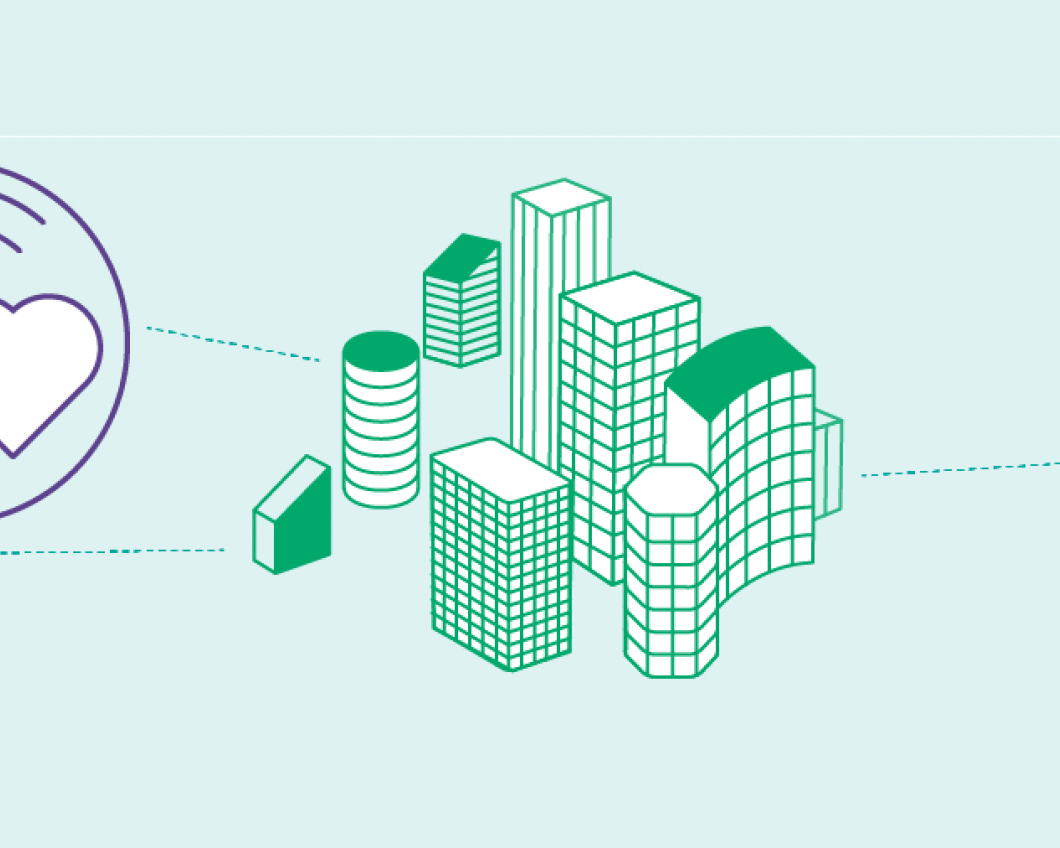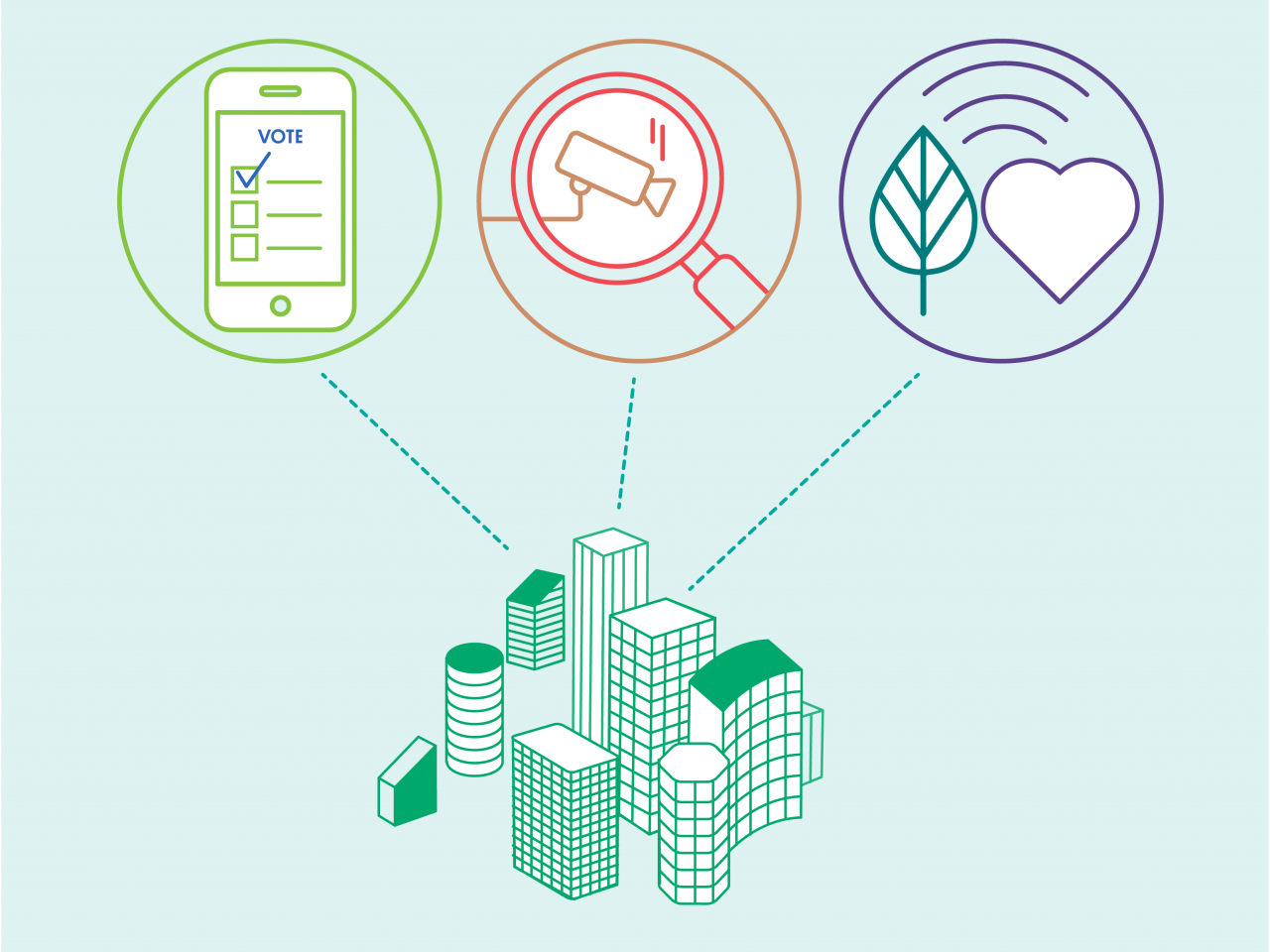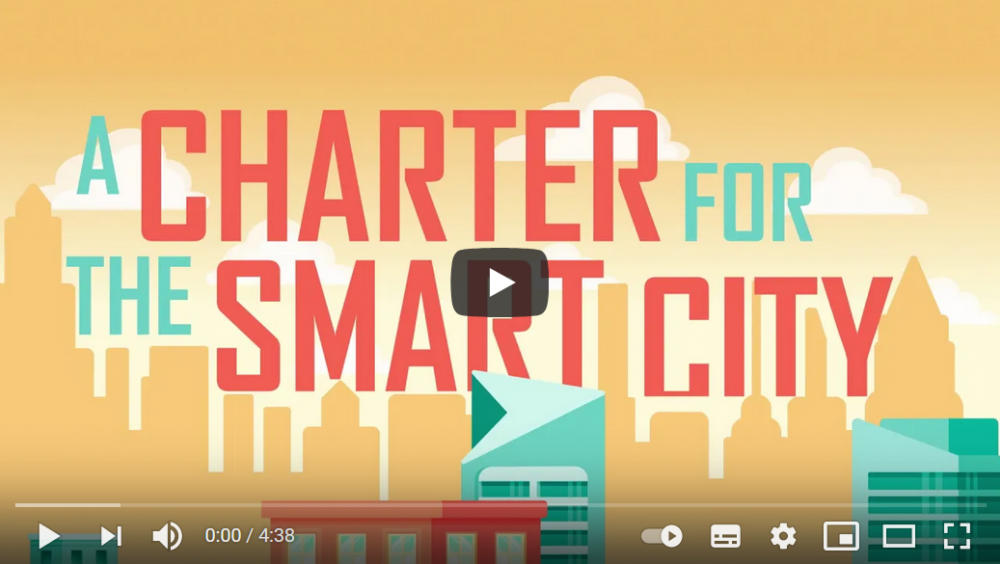Smart technologies offer opportunities for improving the quality of life in cities, reducing their ecological footprint, and creating new urban commons. But they may also present threats to civil liberties and to social justice, especially where smart-city solutions are pushed by big tech companies.
The coronavirus crisis has highlighted both positive and negative aspects of digitalisation. The availability of telework, online education, e-commerce and videoconferencing has strengthened our societies’ resilience to disruptions in human movement. But these technologies have also deepened inequalities: people with few digital skills, including elderly people, and school children from poor and vulnerable families are among the groups being left behind. Some innovations, such as bossware, e-proctoring and digital quarantine surveillance, erode the right to privacy.
The smart city should therefore not be an end in itself. A smart city is only really smart if data collection and artificial intelligence are steered by values. The values of democracy, connectedness, human dignity, privacy, sustainability and equality should be put at the heart of smart cities. (1)
Responsible smart cities
For the European Greens, the following elements are key features of responsible smart cities:
- In a smart city, technological innovations are preceded by public debate and informed democratic decisions. Decision-making is supported by impact assessments which map the consequences of new technologies for fundamental rights, including data protection, and public values.
- A smart city sets clear, values-based design requirements for technology. These include open source, interoperability, security, privacy, user-friendliness, accountability, energy efficiency, data frugality, circularity and the involvement of all stakeholders in an inclusive and gender-sensitive process.
- A smart city uses technology to connect and empower people. It supports citizen sensing: citizens taking their own measurements around their living environments in order to denounce problems like air pollution, for instance. It promotes new urban commons, such as cooperative platforms that permit the pooling and sharing of clean energy and vehicles.
- A smart city organises resilience. It aims for diversity and modularity in its systems and resources. It invests in cybersecurity and solicits the help of ethical hackers. It uses open standards, free and open-source software and open hardware.
- A smart city avoids dependence on big tech companies, especially those which treat personal data as merchandise or have monopoly-driven policies. It works on a digital public infrastructure, in cooperation with other democratic governments and citizens.
- A smart city protects privacy and personal information. It makes sure its personnel is fully trained and aware of the GDPR. It gives people maximum control over their personal data. It protects a person’s right not to be followed in the public sphere and bans surveillance by live facial recognition.
- In a smart city, data that is not traceable to a person is a public commons. Open data requirements are extended to all companies operating on behalf of or with the support of the city.
- A smart city sets limits to decision-making by algorithms, in accordance with the GDPR and the principles of good administration. It has the algorithms that are used by and in the city scrutinised for discriminatory bias and makes them public. (2) It resists the temptation to feed algorithms with a wide range of personal data in order to predict the risk of ‘unwanted’ behaviour; this would result in a surveillance state for the poor. (3) Algorithms and data processing in general must be subject to regular review.
- A smart city uses all policy tools, from taxes to purchases, to accelerate the deployment of green technology while preserving other public values. For instance, privacy by design is paramount for smart energy grids and mobility-as-a-service platforms.
- A smart city recognises people’s right to meaningful human contact (4), in healthcare, in education and in dealings with the government. It makes sure that (home) care technology is aimed at supporting human carers and their invaluable experience of care and human relationships instead of replacing them.
- A smart city combats the existing inequalities and the inequalities that might be exacerbated by technological innovations. It makes sure it is equally liveable and accessible for those less versed in digital technology. It makes sure that people can communicate both online and offline with municipal offices and service providers. It protects people's choice to make smaller payments in cash. It offers training and assistance to those with few digital competences, as well as shared facilities and subsidies to those with limited resources. It integrates both the acquisition of digital skills and critical reflection on technology in education. It stands up for the rights of workers in the platform economy and fights for a fair distribution of income, wealth and housing.
European policies in support of smart cities
The European Greens call on the European Union to act in support of responsible smart cities:
- (Local) democratic control, fundamental rights such as privacy and social values should be firmly anchored in the EU’s research and innovation mission for climate-neutral and smart cities. (5)
- The EU needs to break the dominance of Big Tech by banning personal data sharing between services and by prescribing interoperability for all communication platforms. (6) Open data requirements should be extended to companies. Personalised advertising and the trade in personal data must be banned. Privacy-friendly, non-commercial and cooperative platforms and services deserve support.
- The EU should adopt a ‘human in command’ approach to artificial intelligence (AI). Algorithms for ‘risk scoring’ citizens by public authorities and the police must be considered high-risk AI applications that need strict regulation and full transparency. Biometric mass surveillance should be prohibited.
- A sustainable economic recovery from the coronavirus crisis makes a bold European Green Deal more necessary than ever for. It should boost green technology, notably by putting a higher price tag on harmful emissions and the use of finite natural resources. Massive public investment and clear standards are required to drive innovation towards a climate-neutral and circular Europe.
- Due diligence in supply chains must become mandatory. (7) With renewable energy technologies and digitalisation driving up the demand for metals, it is all the more important to ensure that our smart cities are not someone else’s civil war or ecological disaster. (8)
- Commercial platforms, such as Uber and Airbnb, must be strictly regulated, notably to protect workers, consumers and neighbourhoods. Municipalities need more leeway to protect public values against the disruptive effects of platform capitalism. Platform workers should be presumed employees unless they meet specific criteria for self-employment.
- Support for smart cities should not widen the gap between urban and remote areas. The roll-out of fast broadband networks needs to be accelerated.




